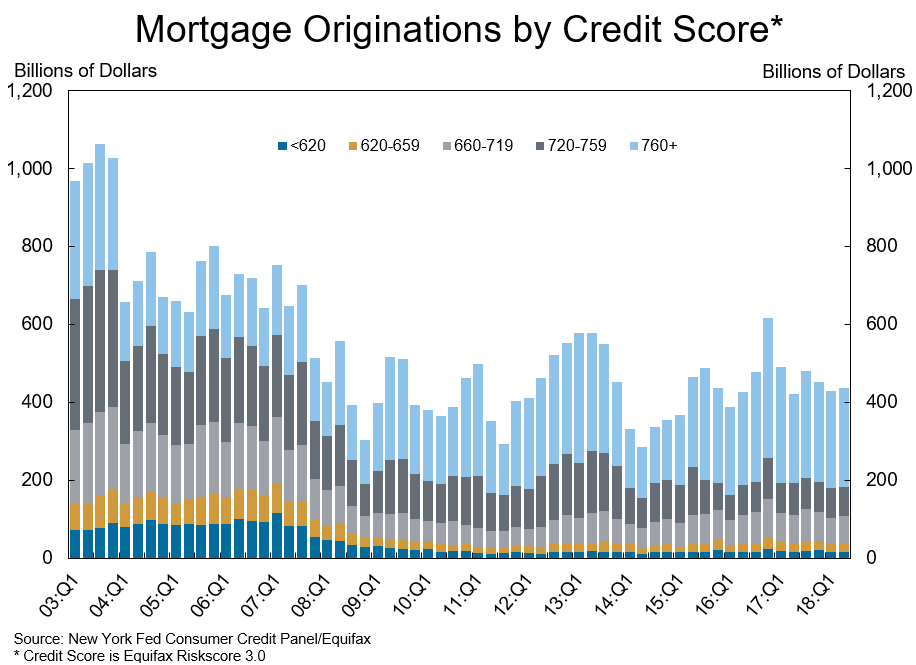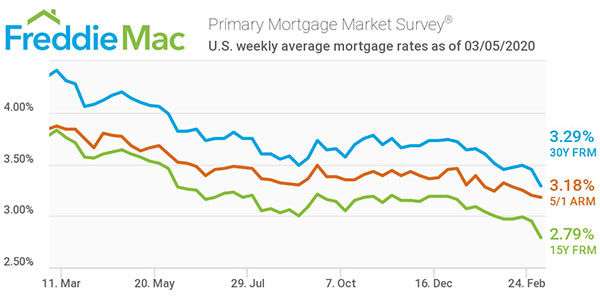If there is no equity in the home, then I would assume she would enable them to take the home if you or any other beneficiaries do not wish to keep the home at a reward of. They would organize to take the house either by Deed in Lieu or through foreclosure but Deed in Lieu is far better for the lender also.
We have seen borrowers who obtained more in 2005 2007 than their houses are still worth today. That does not make the loan a bad loan those debtors how to get rid of a timeshare that is paid off got more money than their home is presently worth and were enabled to live in their houses for 7 9 years without needing to make a single payment and now that the loan is greater than the existing value of the home, they are not needed to pay one cent over the present value towards the payoff of the loan.
Numerous of them paid interest on loans that were well above the current value of the homes when the worths dropped and some paid up until they could not pay any longer and Find more information after that they had no home to live in anymore and no money to begin over. Your mother was guaranteed a home to reside in for as long as she wanted/could and didn't have to pay any monthly payments for the whole time she lived there (simply her taxes and insurance) (who issues ptd's and ptf's mortgages).
Your mother has made no payments on her loan for the last 9 years. Please forgive me; I am not insensitive to your mama's situation (how many mortgages to apply for). It just was not the reverse mortgage's fault that the whole economy broke down and that home worths dropped. I think I simply look at it a different way, thank goodness mother had a reverse home mortgage and not a forward mortgage that may have required her to lose the house previously without the protections that she has had.
She can vacate at her leisure (another advantage of the reverse home loan) and then as soon as she is out and you have actually moved all of her belongings if none of the other relative want the home, merely call the servicer and tell them she is out. They will transfer to take the residential or commercial property back and you will not even need the assistance of a lawyer. hawaii reverse mortgages when the owner dies.
9 Simple Techniques For How To Hold A Pool Of Mortgages
A "non-borrower" is a person who lives in the home however whose name is not on the loan documents. Typically, the non-borrower must move when the debtor passes away unless HUD guidelines certify them to stay. A "co-borrower" is an individual whose name is on the loan documents together with the property owner (candidate).
The sharp recession in the realty market has actually affected millions of Americans, and seniors are among the groups most impacted. This is especially real of seniors who have so-called "reverse mortgages." This kind of home mortgage can possibly be an excellent way for individuals over the age of 62 to get money out of their homes.
Reverse home mortgages are not new. However older property owners are significantly relying on them to improve their scenarios later in life, specifically throughout a down economy. These kinds of mortgages, likewise called House Equity Conversion Home Loans (HECMs), enable people to withdraw some of their house's equity and receive it as a swelling sum, in month-to-month payments, as a line of credit or a mix of these choices.
Homeowners qualified for reverse home loans should be at least 62 years old and have to own the property or have a very little exceptional mortgage. The residential or commercial property must be their primary home and house owners should be without any defaults on federal debts. Property owners must also attend an informational session about reverse home mortgages prior to filing any HECM loan applications.
Due to the fact that of a rash of lender foreclosures on generally senior homeowners holding reverse home mortgages, the AARP Foundation took legal action against the Department of Housing and Urban Advancement (HUD), challenging a rule that had the effect of contributing to foreclosures. The guideline needed a beneficiary to pay the full home mortgage balance to stay in the house after the customer's death, even if the amount was more than the market value of the View website home.
3 Easy Facts About Which Of The Following Are Banks Prohibited From Doing With High-cost Mortgages? Shown

Reverse home mortgages can be pricey and confusing for elderly property owners, as they are unique from standard home mortgages. Likewise, a reverse home loan can sometimes diminish all of the equity in the houses if the house owners extend the reverse home loan over too long of a duration. This often occurs where the homeowner takes a reverse home mortgage on an assumption of life expectancy, however endures well past the expected mortality date.
This has been specifically real for freshly widowed property owners, and some successors of borrowers, due to the fact that of loan provider compliance with an unknown HUD guideline that was instituted in 2008. Prior to the rule change in 2008, HUD had actually followed a policy that borrowers and their beneficiaries would not owe more than a home's value at the time of repayment.
The 2008 rule specified that surviving spouses, in order to keep their houses, needed to pay off the reverse home loan balance soon after the deaths of their partners. This was the case no matter whether the enduring partner's name was on the loan, and no matter the home's then-current worth.
That circumstance, and the associated HUD guideline, is what prompted AARP to take legal action against HUD. AARP officially challenged HUD's action in changing this rule, arguing that it was done arbitrarily by letter, rather than through the needed administrative treatment. The fit even more declared that HUD's guideline modification breached protections formerly permitted widowed spouses to avoid foreclosure.
AARP hoped this would avoid more illegal foreclosures from reverse home mortgages due at the time of a borrower's death. In April 2011, HUD rescinded the 2008 guideline that required making it through spouses not called on the property's title to pay the complete loan amount to keep their houses. The implications of this modification are not yet fully clear.
Everything about Which Congress Was Responsible For Deregulating Bank Mortgages
But it is essential to talk with a knowledgeable realty lawyer to know where you stand. Reverse home loans should give older property owners more financial liberty, but when they fail this function, they can regrettably leave elderly individuals both homeless and defenseless. Elderly Twin Cities property owners thinking about entering into a reverse mortgage contract should seek advice from experienced Minnesota real estate attorneys like Burns & Hansen, P.A. find out how many mortgages are on a property.

In addition, if you currently have a reverse mortgage on your house, you must discuss your scenario with an attorney experienced in these kinds of home mortgages to ensure you and your spouse are protected if one you dies or if your house loses equity since of the downturn of the property market.
A reverse mortgage is a way for house owners ages 62 and older to utilize the equity in their home. With a reverse mortgage, a house owner who owns their house outright or a minimum of has significant equity to draw from can withdraw a part of their equity without having to repay it till they leave the house.